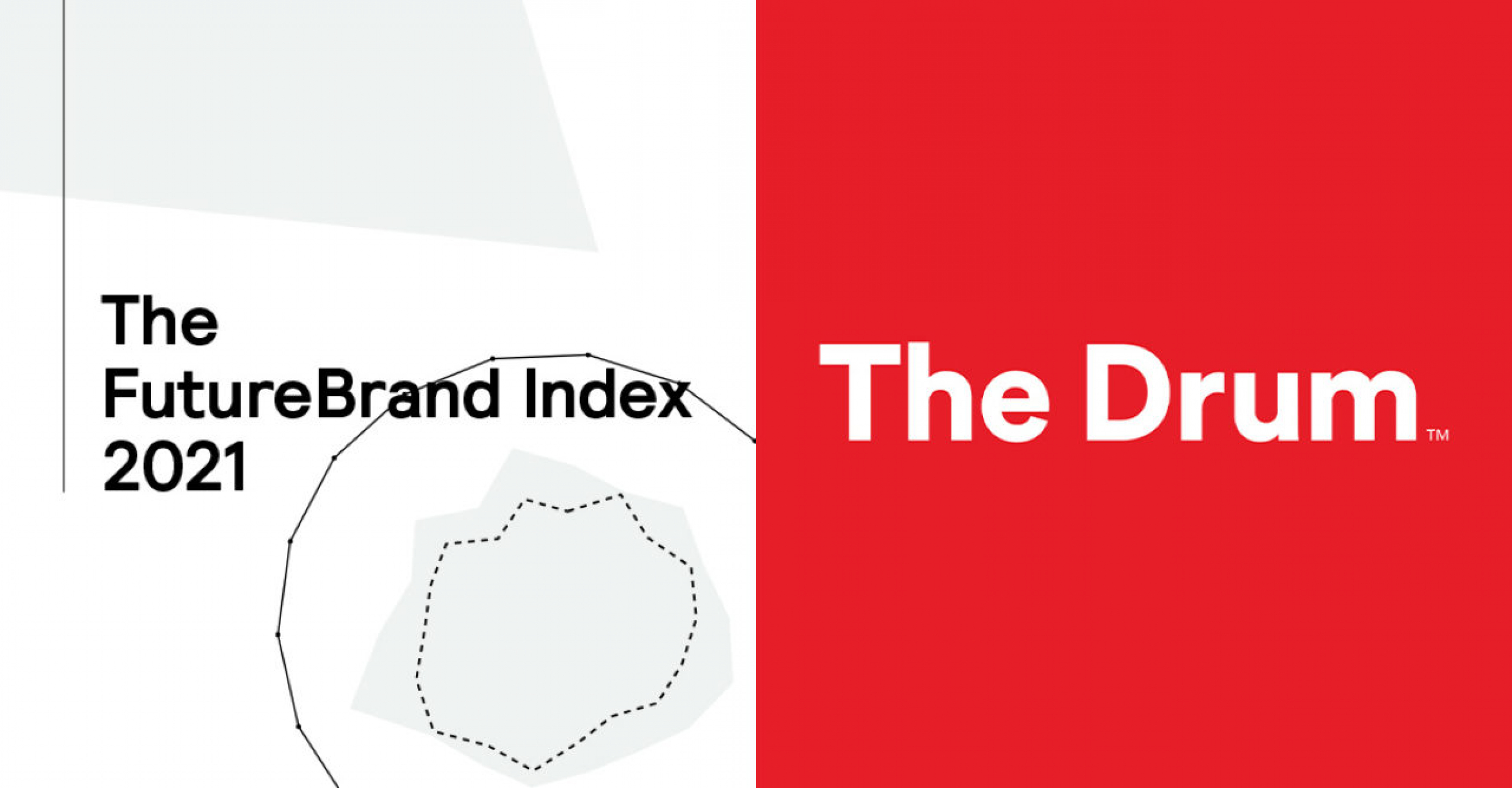

B2B brands displace consumer giants in FutureBrand Index
The latest instalment of the FutureBrand Index has charted a changing of the guard, with consumer brands giving way to a new breed of B2B powerhouses.
Illustrating the disproportionate impact of the pandemic, the index reveals how consumers are now prioritizing innovation and wellbeing as factors governing their perception of brands.
A changing of the guard
FutureBrand has been running the index for seven years, ranking the global top 100 firms based on perception strength, not their financial muscle.
Among the many unforeseen consequences of the pandemic has been the displacement of consumer brands by B2B companies when it comes to household recognition. As such previously unknown tech and pharmaceutical brands such as ASML, Danaher and Pfizer have benefited on the back of unprecedented media exposure.
In a further blow to the old order, luxury consumer brands such as Apple and LVMH have profited disproportionately, with Amazon and P&G also benefiting as consumers seek out that elusive feel-good factor in a time of crisis.
Financial services have also benefited from a rising tide of awareness as people turn to trusted institutions to help fix the economy.
A revolution is underway
The speed and scale of change amount to nothing less than a revolution, with only Apple left standing as the sole consumer-focused brand in the top five, with the remainder rounded out by ASML, Prosus NV, Danaher and Nextra Energy.
This story is repeated when looking solely at the top three risers, with LVMH leaping an impressive 37 places to claim 29th spot, although it was still outdone by 28th-placed Saudi Aramco, up 63 places, and Tata Consultancy at position 20, up 45 places.
With the pandemic showing scant sign of fading, the future will be owned by tech and healthcare firms that can improve people’s quality of life.
Jon Tipple, global chief strategy officer at FutureBrand, said: “This year’s research has revealed a huge shift in the way companies work and how they convey their mission to their consumers. Those that look set to thrive in a post-pandemic world are companies prioritizing innovation to consistently impact individual wellbeing and drive change for good at scale.”
Methodology
The FutureBrand Index is a perception-based reordering of PwC’s Global Top 100 Companies by Market Cap, informed from a sample of 3,000 global professionals with knowledge of at least seven of the top 100 performing companies of 2021.
Rankings are compiled from factors such as ‘purpose’ and ‘experience’ to highlight the soft power of perception to augment financial success.
Past editions have charted changing fortunes of companies east and west, as Chinese brands make inroads across Europe and the US.
This article originally appeared on The Drum.
Related articles

Netball World Cup 2027 appoints FutureBrand & Octagon to build brand strategy, identity and experience
FutureBrand and Octagon get ready to build the brand for Netball World Cup 2027 and break new ground for netball globally.

A new brand for low vision
Guide Dogs NSW/ACT and FutureBrand collaborate to launch a new brand supporting Australians with low vision.

Why did Google just change its logo?
When Mumbrella discovered that Google had made what seemed to be a small change to its logo this week, we went to Rich Curtis, CEO of FutureBrand Australia, to interpret what that meant in design language. For the record, the change involves the primary colours inside the "G": they used to be separated by hard lines, now they blend into one another with gradients.